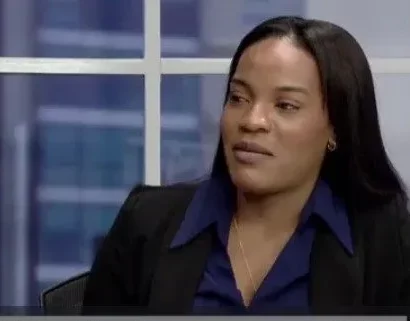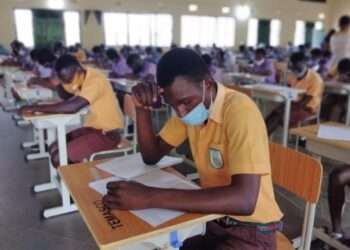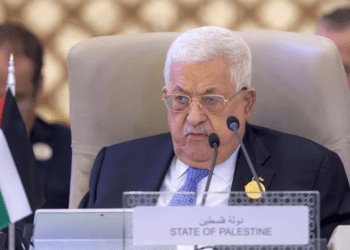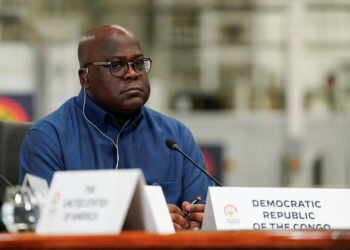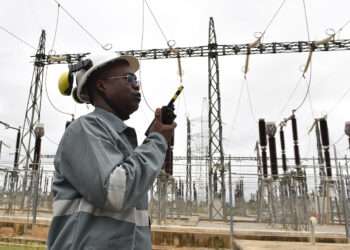The member of the National Communication Team of the New Patriotic Party (NPP), Dr. Ekua Amoako has Slammed the NDC over their Majority Status. She looked into the role of the judiciary, parliament, and the New Democratic Congress (NDC) in the matter, emphasizing the legitimate legal processes available to resolve conflicts.
Her remarks offered critical insights into the current political tensions and the reactions from the opposition party.
Dr. Amoako began by clarifying the nature of the recent court decision that has sparked controversy within political circles. She stressed that the courts have not yet made a final ruling on the substantive matter.
Instead, they have granted a stay on the Speaker of Parliament’s decision, which allows the status quo to remain until the case is resolved.
“It’s just a stay or an injunction that has been granted. The substantive matter has not even been decided. So, I don’t know why they are all up in arms.”
Dr. Ekua Amoako National Communication Team of the New Patriotic Party (NPP)
Dr. Amoako expressed her dismay at the reaction from some members of the NDC, criticizing them for attacking the judiciary simply because the court’s decision did not go in their favor. She emphasized the importance of respecting legal institutions and the rule of law.
Disenfranchisement and the Spirit of the Constitution
A major point in Dr. Amoako’s argument was her interpretation of the constitutional provisions surrounding the parliamentary seats in question.
She questioned the NDC’s approach, suggesting that their actions aimed to manipulate the system to gain a majority in Parliament.
“I don’t think the framers of the constitution intended that this article would be used to disenfranchise people who have voted for the parliamentary candidate to be in parliament.”
Dr. Ekua Amoako National Communication Team of the New Patriotic Party (NPP)
She further questioned why the NDC, which often touts precedent, was pursuing an agenda that undermines the principles of fairness and representation in Parliament.
Historical Precedent: The Case of Fomena
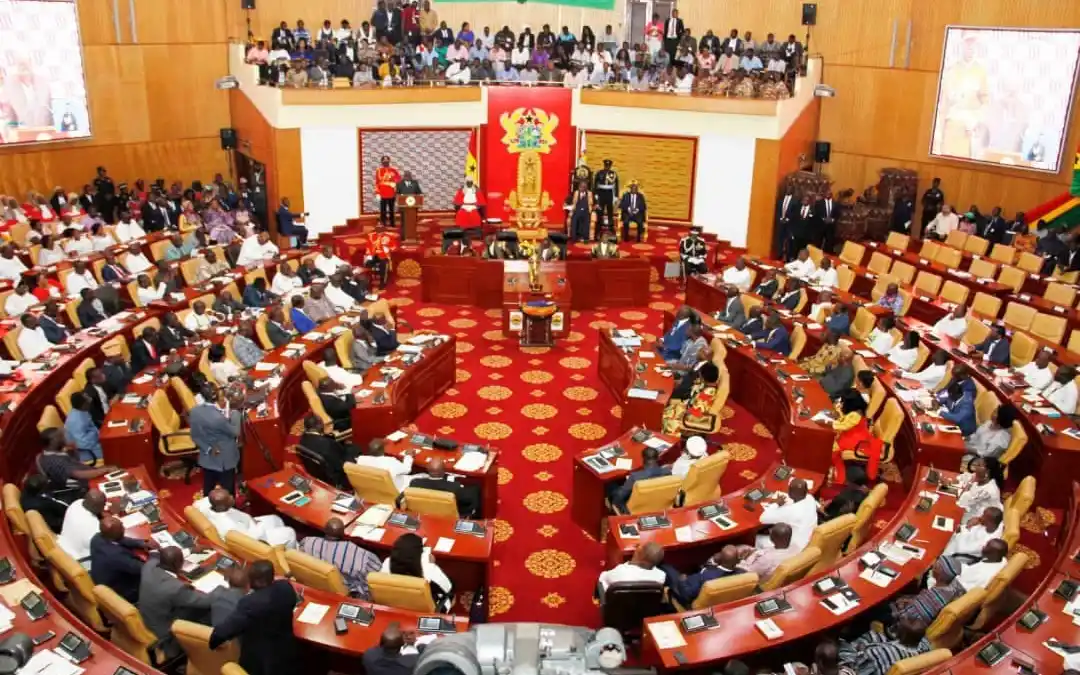
Dr. Amoako drew a parallel between the current situation and a previous case involving an independent MP from Fomena.
In that instance, the MP, after winning his seat as an independent candidate, joined the NPP, and there was no effort to strip him of his parliamentary position.
“This is not the first time we’ve had this kind of issue with an MP seeking to go independent or an independent MP seeking to join [a] party, take the case of Fomena in the 2020 election.”
Dr. Ekua Amoako National Communication Team of the New Patriotic Party (NPP)
She added that the seats currently in dispute are in NPP strongholds, areas where the NDC has historically struggled to gain significant support.
According to her, the NDC’s actions were a futile attempt to secure these seats through legal maneuvers rather than through democratic processes.
NDC’s Changing Stance on the Judiciary
A recurring theme in Dr. Amoako’s address was the inconsistency in the NDC’s attitude toward the judiciary, depending on whether the court’s rulings aligned with their interests.
She referenced past cases where the NDC was quick to celebrate favorable court decisions but was now criticizing the very same judiciary.
“At that point, the NDC did not see anything wrong with going to the Supreme Court to seek clarification on a matter of the constitution that applies to them, but now, they are singing a different tune.”
Dr. Ekua Amoako National Communication Team of the New Patriotic Party (NPP)
Dr. Amoako argued that the NDC was attempting to distract the public from substantive policy discussions by focusing on parliamentary disputes and court battles.
She suggested that the NDC’s strategy was to avoid comparisons between the records of former President John Dramani Mahama and the current administration under President Nana Addo Dankwa Akufo-Addo.
The Courts’ Role in Parliamentary Disputes
Addressing the broader issue of the court’s involvement in parliamentary matters.
Dr. Amoako highlighted the constitutional provisions that give the courts the authority to interpret disputes related to the Constitution, including those involving Parliament. She noted; “The constitution states clearly in Article 130 who has the right to oversee those processes.”
She criticized the NDC for attempting to undermine the legitimacy of the court’s actions, pointing out that it is not unusual for parliamentary decisions to be contested in court.
She mentioned the NDC’s attempt to seek an injunction on the E-Levy after it was passed in parliament as an example of the courts being used in parliamentary disputes.
The Importance of Respecting Legal Institutions
Dr. Amoako closed her address by calling for an end to what she described as the NDC’s attempts to “bastardize” the judiciary whenever they received unfavorable rulings. She expressed concern about the long-term implications of such behavior on public confidence in the legal system.
“If you go to court and the verdict is what you like, all well and good. But if you go to court and the verdict is not what you like, then you come out and call Supreme Court judges all manner of names.”
Dr. Ekua Amoako National Communication Team of the New Patriotic Party (NPP)
She urged political parties to focus on engaging with the public on policy issues and to respect the courts’ decisions, even when they are not in their favor.
In her address, Dr. Ekua Amoako provided a detailed defense of the NPP’s actions in seeking legal recourse over parliamentary disputes and criticized the NDC for their inconsistent stance on the judiciary.
She emphasized the importance of upholding constitutional processes and respecting the courts’ decisions, calling for political dialogue to shift toward substantive policy discussions.

